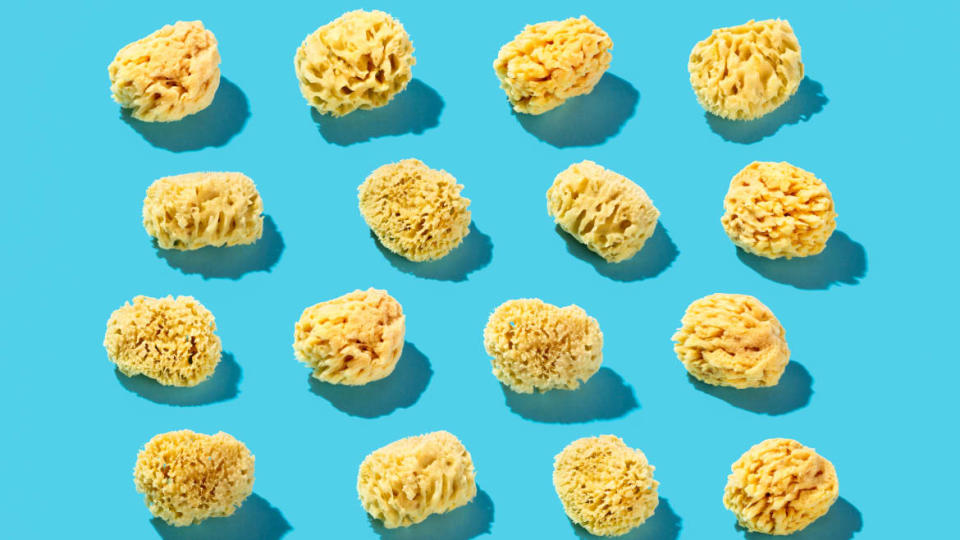A Sea Sponge Might Hold Next Gen COVID Treatments

We’ve come a long way since the early days of the COVID pandemic. Not only do we have effective vaccines and boosters for the virus, but we’re also finding treatments in unexpected places—like Spongebob Squarepants.
In a study published on Jan. 9 in the journal Antiviral Research, researchers at the University of British Columbia identified 26 compounds found in sea sponges, plants, bacteria, and other marine organisms that were effective in fighting COVID infections. The findings could lead to newer, more effective antiviral treatments for the coronavirus.
“This interdisciplinary research team is unraveling the important possibilities of biodiversity and natural resources and discovering nature-based solutions for global health challenges such as COVID-19,” François Jean, a microbiology and immunology researcher at UBC and senior author of the study, said in a statement.
COVID’s New Year’s Resolution Is to Infect Us All Again (and Again)
The team’s new findings started with an initial study of a catalog of more than 350 compounds from different natural sources. They then placed human lung cells in a solution made of the compounds before infecting the cells with COVID-19. From this process, they were able to narrow a list of compounds of interest down to 26 that were capable of completely reducing viral infections in the lung cells.
Though the study’s authors collected compounds from sources worldwide, the three most effective ones came from their backyard in Canada: alotaketal C, which comes from a sea sponge found in B.C.; bafilomycin D, which comes from a marine bacteria in B.C.; and holyrine A, which also comes from marine bacteria in Newfoundland. So it definitely seems like there’s something in the water (literally) in the Great White North, eh?
How Llama Blood—Yes, Llama Blood—Can Protect You From COVID
“The advantage of these compounds is that they are targeting the cells, rather than the virus, blocking the virus from replicating and helping the cell to recover,” Jimena Pérez-Vargas, a microbiology and immunology researcher at UBC and co-author of the study, said in a statement. She added that the compounds could even be effective against future variants as well as the flu since they target human cells rather than viruses.
The researchers now plan on building off of their findings by testing the compounds in animal subjects in the next year. For now, it offers yet another glimmer of hope into building lasting and effective treatments for COVID-19—no matter what deadly variant might emerge.
“Our research is also paving the way for large-scale testing of natural product medicines that can block infection associated with other respiratory viruses of great concern in Canada and around the world, such as influenza A and RSV,” Jean said.
Got a tip? Send it to The Daily Beast here
Get the Daily Beast's biggest scoops and scandals delivered right to your inbox. Sign up now.
Stay informed and gain unlimited access to the Daily Beast's unmatched reporting. Subscribe now.

